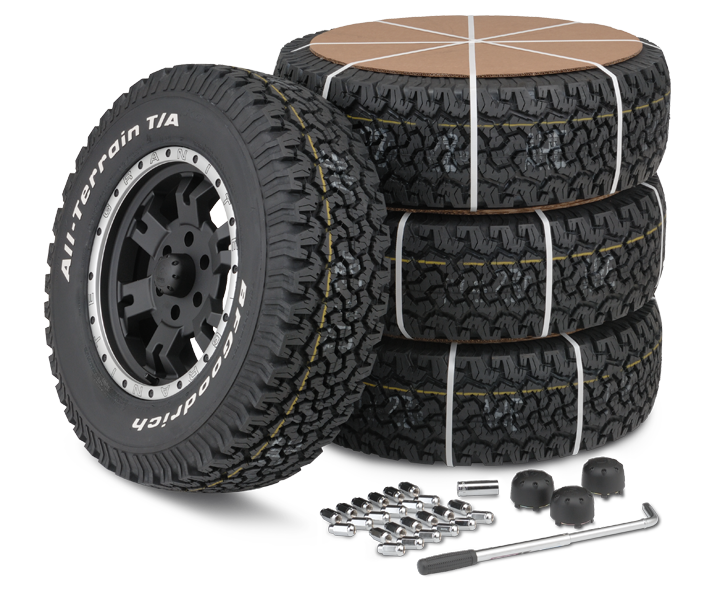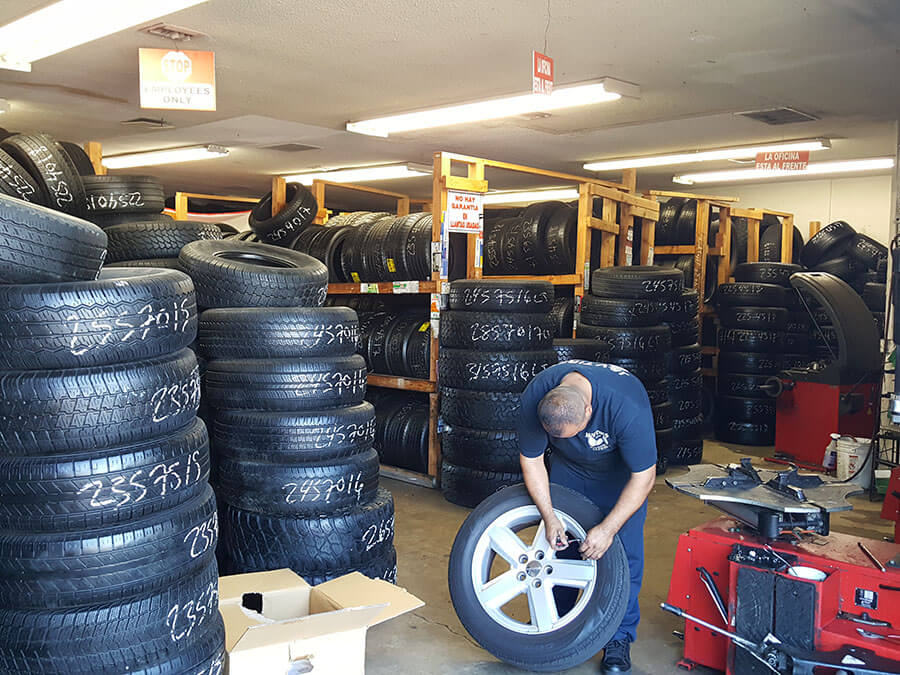Cost Effective Discount Tires Morris IL: Unbeatable Prices, Quality Guaranteed
Cost Effective Discount Tires Morris IL: Unbeatable Prices, Quality Guaranteed
Blog Article
Tire Service: Recognizing Tire Stress Surveillance Equipments
Comprehending Tire Stress Tracking Equipments (TPMS) is an important aspect of preserving optimum car efficiency and security on the road. With improvements in auto technology, TPMS has come to be a typical function in modern-day vehicles, offering real-time info on tire stress levels.

Value of TPMS
The significance of Tire Stress Monitoring Solutions (TPMS) hinges on their ability to enhance automobile safety and security and efficiency through real-time monitoring of tire pressure levels. Preserving the right tire stress is crucial for guaranteeing optimum handling, braking, and overall safety of a car. TPMS supplies motorists with instant responses on any kind of overinflated or underinflated tires, permitting prompt changes to be made.
Parts of TPMS
Comprising numerous important aspects, a Tire Pressure Surveillance System (TPMS) works as a sophisticated safety and security feature in modern-day automobiles. The main parts of a TPMS include sensing units, a control component, and a warning indication. Sensors are commonly located in the tire shutoff stem or affixed to the wheel assembly, where they gauge tire pressure and send data to the control component. The control component procedures this info and causes a warning if it identifies dramatically low stress in any of the tires. The warning indication, frequently an icon on the dashboard, notifies the vehicle driver to examine the affected tire or tires. Some progressed TPMS versions also display the actual tire stress readings for each tire, supplying vehicle drivers with real-time information to make certain ideal tire efficiency and safety. By keeping an eye on tire stress continually, TPMS helps protect against accidents, minimizes tire wear, and enhances gas performance, making it a critical part for automobile safety and security and efficiency.
Sorts Of TPMS

On the other hand, indirect TPMS counts on the car's wheel rate sensing units to keep an eye on tire stress. This system identifies underinflation by comparing the rotational rates of the wheels. Indirect TPMS is less expensive than direct TPMS, as it makes use of existing sensors within the automobile.
While straight TPMS provides extra precise readings, indirect TPMS is easier in layout and normally calls for much less maintenance. Both systems have their advantages and constraints, and the selection between them commonly depends on aspects such as price, car make, and personal preference. Comprehending the distinctions in between these two kinds of TPMS can assist automobile owners make notified choices regarding tire upkeep and safety and security.
TPMS Maintenance Tips
Efficient maintenance of TPMS is crucial for ensuring ideal efficiency and safety of your car. Consistently inspecting the TPMS sensors for any kind of damages or deterioration is essential. Guarantee that the sensors are clean and cost-free from debris that could interfere with their functioning. Furthermore, it is advisable to check the sensor batteries periodically and change them as required to guarantee accurate readings. Conduct routine checks on the tire stress degrees and contrast them with the TPMS analyses to ensure they are constant. If there are any type of inconsistencies, alter the system following the manufacturer's guidelines. Additionally, during tire turning or substitute, see to it that the TPMS components are dealt with very carefully to stop any type of potential damages. Lastly, if the TPMS warning light brightens on the dashboard, attend to the problem promptly by examining the tire pressures and the overall system for any kind of mistakes. By sticking to these maintenance pointers, you can lengthen the life expectancy of your look these up TPMS and boost next the security of your driving experience.
Advantages of Proper Tire Pressure
Maintaining correct tire pressure, as emphasized in TPMS Upkeep Tips, is critical for gaining the many benefits linked with optimum tire pressure degrees. Additionally, proper tire stress makes sure even tire wear, extending the life-span of the tires and promoting safer driving problems. In conclusion, the advantages of appropriate tire stress go beyond just tire durability; they encompass boosted fuel efficiency, boosted security, far better automobile performance, and overall driving comfort.
Final Thought
To conclude, understanding tire stress tracking systems (TPMS) is important for keeping ideal tire stress and making sure vehicle security. By recognizing the relevance of TPMS, recognizing with its elements, knowing the different kinds available, adhering to appropriate upkeep suggestions, and understanding the advantages of maintaining appropriate tire stress, chauffeurs can improve their driving experience and lengthen the lifespan of their tires. Appropriate tire stress is key to efficient and safe vehicle procedure.

Report this page